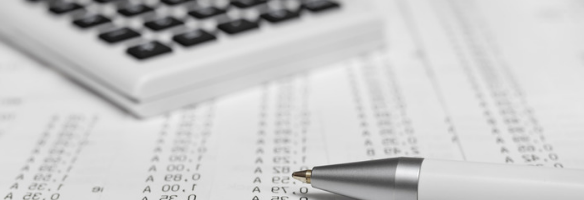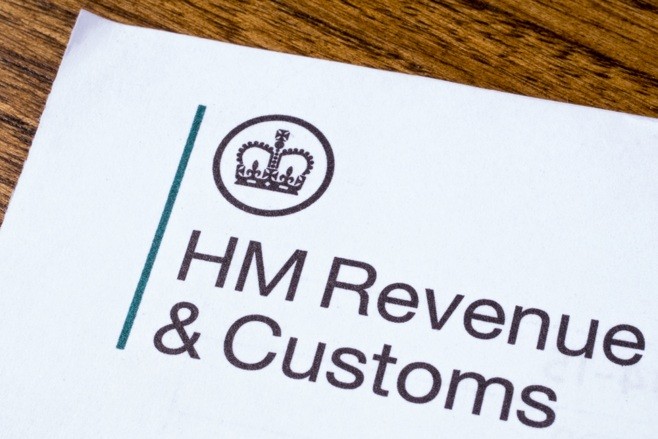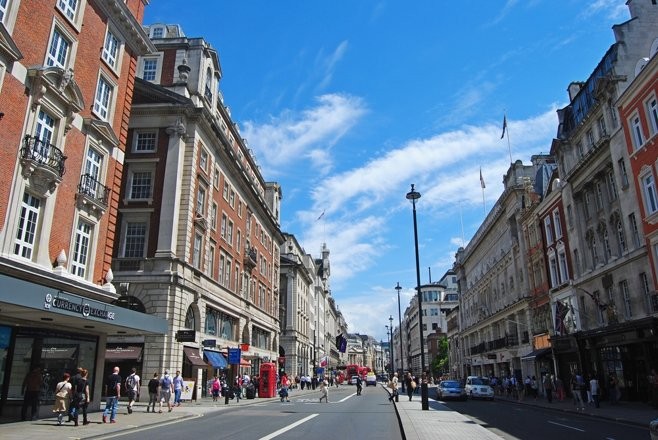VAT On Commercial Property: A Complete Guide
Apr 9 2019
Darren Best

The relationship between VAT and commercial property can be difficult to understand. Value added tax, or VAT, can be confusing to many, especially when it comes to commercial properties. It is usually not mentioned when prices are quoted and there is often confusion over whether VAT needs to be paid, and if at all? Our guide to VAT on commercial property aims to answer your questions.
CONTENTS:
- Do you pay VAT on a commercial property purchase?
- What does "Opt to Tax" mean?
- Reclaiming VAT on a commercial property purchase
- VAT on the sale of a "new" commercial property
- What is a "Transfer of Going Concern"?
Do you pay VAT on a commercial property purchase?
The answer to this depends on whether the current owner has “Opted to Tax” the property.
What does “Opt to Tax” mean?
A vendor or landlord can decide to “Opt to Tax”, which essentially means that a commercial letting or sale that would otherwise be exempt, becomes liable to VAT at the standard rate of 20%. By doing this, they must charge VAT on top of any rent that they receive, and this also means they are able to recover VAT charged to them on any costs related to the property.
There are two main reasons you might want to “Opt to Tax”:
- To reclaim VAT on commercial property purchase, or refurbishment
- The intention is to transfer the property as part of a Going Concern and both parties want to make a VAT-free transfer
If you choose to go down the “Opt to Tax” route, you should notify H.M Revenue & Customs (HMRC) within 30 days of this decision being made. Once this choice has been accepted, it cannot usually be reversed for for 20 years. For this reason, if you are considering to “Opt for Tax”, you should always seek professional advice before you go ahead.
 Photo credit: chrisdorney / Shutterstock
Photo credit: chrisdorney / Shutterstock
However, it should be noted that the option to charge VAT does not follow the property, so the next buyer or tenant will need to decide whether or not to “Opt to Tax” themselves, and this will also depend on the use of the building. If they decide that they do not wish to “Opt to Tax” then they are unable to reclaim any VAT that has been paid on the purchase price.
It is important to bear in mind that opting to tax is not always appropriate, as some businesses are unable to recover VAT incurred on costs and opting to charge VAT can have a negative impact on the ability to sell or lease a property. This is particularly the case in VAT-adverse businesses, such as financial institutions and insurance companies as well as companies needing D1 properties (now referred to as use class F1, as well as some elements of use class E - read more about the new use class changes here), including medical properties and education businesses, as well as those involved in the religious and charitable sector.
Reclaiming VAT on a commercial property purchase
As a general rule, the letting or selling of commercial property is generally exempt from VAT, which means you do not have to pay VAT on the purchase price. If you are running a VAT registered business, you can reclaim VAT – this includes office space, industrial or retail units. In short, if you are charging VAT on your business activity, you can claim VAT on any property costs.
You can claim VAT on the following:
- The purchase of the property, lease premiums, and monthly/quarterly rents
- Refurbishment, refitting and extensions
- Day-to-day repairs, utilities and cleaning
- Legal and professional fees
Please note: VAT rules are not the same as Direct Tax (Income Tax, Corporation Tax) rules.
Tip for new businesses
If you are a new business, it is worth considering applying for monthly VAT returns, instead of the quarterly. This can help to ease your business’ cash flow, particularly if you are a start-up. If you do this, be sure to submit returns quickly, to ensure any money due to you is received faster.
 Photo credit: Alizada Studios / Shutterstock
Photo credit: Alizada Studios / Shutterstock
VAT on the sale of a “new” commercial property
When selling a “new” commercial property – any building under the age of three years old – the VAT on the commercial property purchase will be the standard rate of 20%.
In these situations, the buyer of commercial property who intends to rent it out is highly likely to opt to charge VAT on rents going forward and on a future sale of the property – unless it qualifies as a “transfer of going concern” – in order to recover the VAT.
What is a "Transfer of Going Concern"?
If a commercial property being sold is an investment property that has tenants in situ with an existing lease, this commercial property transaction may be classified as a “transfer of going concern” (TOGC).
As a result, no VAT will be payable, which can be a highly attractive option for buyers. In order for the TOGC conditions to be met, the buyer must copy the seller’s VAT position by the date of transfer. This means that if the seller is registered for VAT and has “Opted to Tax” the building, the buyer must do the same, and the option to tax must be received by HMRC by the date of transfer.
If you need any help with understanding VAT on commercial property, do not hesitate to get in touch with our team. However, please note, Savoy Stewart are not an accountancy firm. If you are unsure about anything, it is advisable to speak to your accountant.
If you are looking for a commercial property for your business, browse our available properties here.
Feature image credit: Gena96 / Shutterstock